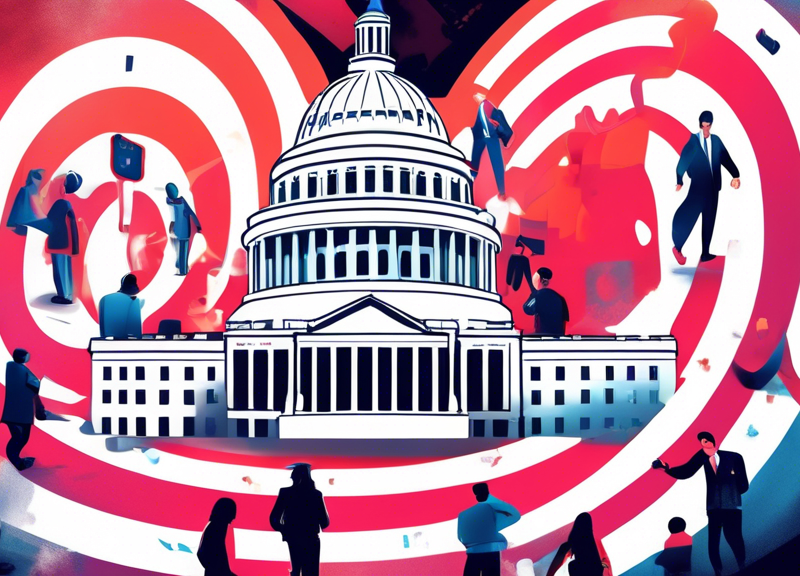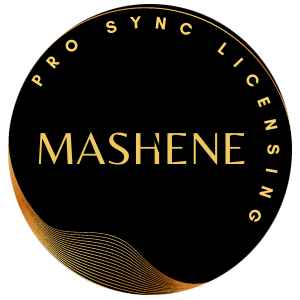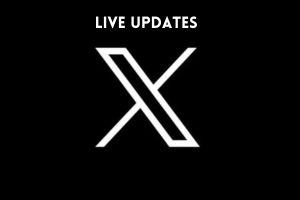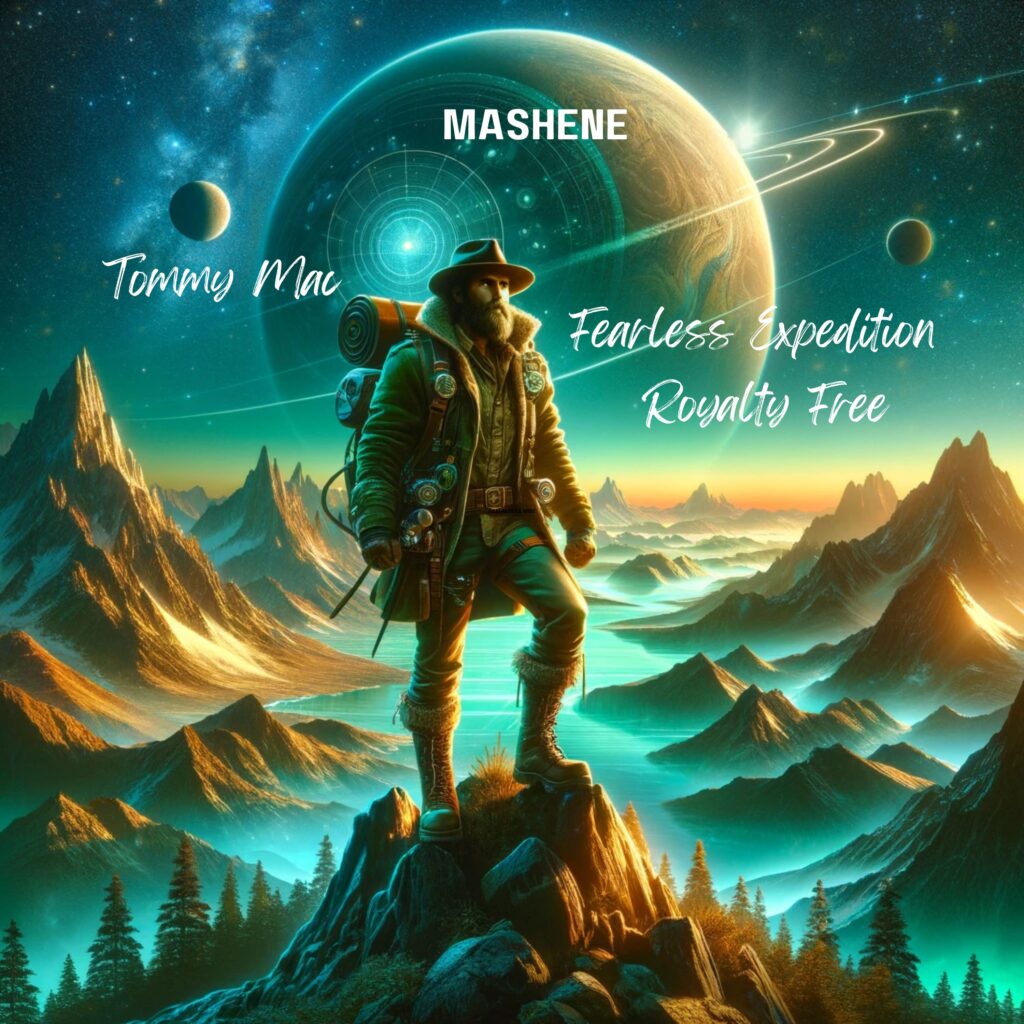
TikTok Forced-Sale Bill Updated in Congress as Lawmakers Extend Divestment Window to One Year
In a significant update to proposed legislation, Congress has revised the TikTok Forced-Sale Bill, extending the divestment window for the popular social media platform’s operations in the United States to one year. This decision underscores the ongoing deliberations among lawmakers concerning the platform’s future in the country amidst rising national security concerns linked to its Chinese ownership.
The Updated Bill: A Closer Look
The original iteration of the bill required ByteDance, TikTok’s parent company headquartered in Beijing, to divest its U.S. operations within a much shorter timeframe. The revision, however, allows for a more extended period, offering a full year for the company to comply with the forced sale order. This update reflects the complexities involved in disentangling the app’s vast U.S. operations from its Chinese owners, emphasizing the need for a balanced approach that considers both national security and operational logistics.
Implications for TikTok and its Users
TikTok, known for its short-form video content, has seen explosive growth in the U.S., amassing millions of active users. The platform has become a cornerstone of digital culture, particularly among younger demographics. The updated bill’s extended timeline offers a glimmer of hope to TikTok’s loyal user base and its employees, suggesting that lawmakers are seeking a resolution that ensures the platform’s continuity in the U.S. market, albeit under potentially new ownership.
National Security Concerns
The push for TikTok’s divestment is largely driven by bipartisan concerns over national security. Critics of the platform argue that its Chinese ownership could allow the Chinese government to access U.S. user data or influence content moderation and dissemination, posing significant risks. The extended timeframe within the updated bill, therefore, reflects an effort to address these concerns thoroughly, ensuring any action taken is both effective and mindful of unintended consequences.
Looking Ahead
The updated forced-sale bill marks a critical juncture in the ongoing saga between the U.S. government and TikTok. As the legislative process unfolds, all eyes will be on how ByteDance responds to these revised terms and whether a suitable buyer emerges within the extended window. Furthermore, the outcome of this legislative effort will likely set a precedent for how the U.S. addresses security issues related to foreign-owned technology companies operating within its borders in the future.
While debates over national security and digital rights continue, the revised TikTok Forced-Sale Bill represents a nuanced approach to resolving complex issues at the intersection of technology, policy, and international relations. As the situation develops, stakeholders from all sides await with bated breath to see how this landmark decision will shape the digital landscape in the years to come.






